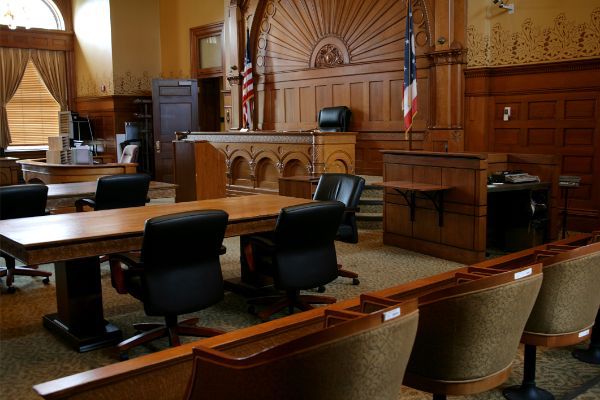Tools Of Trial Advocacy – Preparing For Voir Dire
There are many tools of trial advocacy that are important for attorney-advocates to perfect in law school and their practice. One tool that is often overlooked is the voir dire process – choosing a jury. The process of selecting those individuals responsible for fact-finding and deciding a legal matter is not one to be taken lightly. Voir dire may help attorneys identify jurors who can be fair and impartial, rather than unfair and biased. Attorneys are seeking those members of the jury pool who need to be removed and the questions of attorneys should be structured to expose them. As a preliminary...
Continue reading











